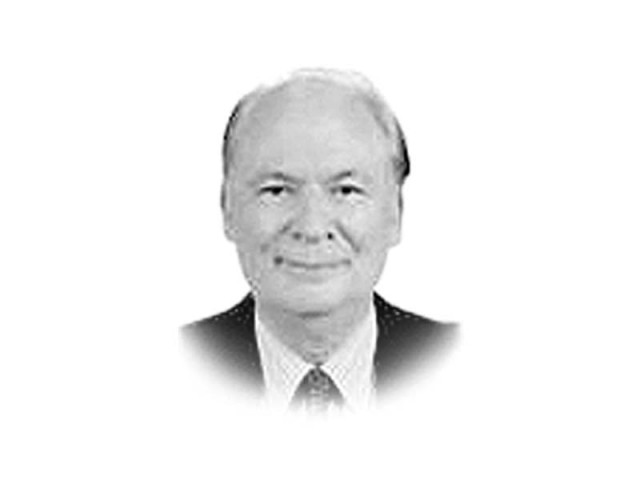Bangladesh and the rise of intolerance
The ugly face of religious extremism has descended on Bangladesh and there is a climate of fear & intolerance

anwer.mooraj@tribune.com.pk
When I got back to the Purbani Hotel where Rahman Sobhan was entertaining some friends, I had a drink with a few European journalists who were on a short visit. They said they were appalled by the poverty and squalor, the malnutrition, the coughing consumptives and the aura of Dickensian gloom that they encountered in the less opulent areas of the city. To complete the dismal portrait, a Dutch lady journalist pointed out that if one wanted to know what a Third World country really looked like, she would tell them to visit East Pakistan. It was an unkind remark for there is more to life than wealth and riches. I bet she hadn’t visited the Hill Tracts or the Tea Gardens, or listened to the melodious ballads of the fishermen singing about the Burhiganga as they eked out a desperate living from the five big rivers and the sea. If I may borrow an adjective from the great Irish poet, Yeats when he was writing about his native land, East Bengal also has a “terrible” beauty, but no Westerner steeped in the tradition of order, method and discipline, and thinking in terms of Gross Domestic Product and purchasing power parity could possibly understand that.

Well, that was 44 years ago. Before the war, there were the horrible rapes of Bengali women, the rise of the Mukti Bahini, the painful separation, the destruction of Mr Jinnah’s Pakistan. I never found out if young girls still rolled cigars on their thighs for tourists or if Zainul Abedin is still regarded as an icon. What I do know is that through sheer determination and single-mindedness, the country progressed, exports increased and the taka was valued higher than the Pakistani rupee. In spite of the rule of two bitter competing dynasties, there was a fierce sense of nationalism.
Over the years, the country developed a tradition of pluralism and interreligious harmony. The country practised secularism. Hindus, Christians and other minorities felt safe. Unfortunately, in recent times, the ugly face of religious extremism has descended on the land and has been installing a climate of fear and intolerance. Bloggers who criticised the action and campaigned against religious extremism were murdered. And last month an obscure group that claimed responsibility for killing the bloggers issued a threat to a news agency that it should stop employing unveiled women or they might meet the same fate as the bloggers. The government appears helpless. The people appear helpless. What makes it so sad is there doesn’t appear to be a solution.
Published in The Express Tribune, November 8th, 2015.
Like Opinion & Editorial on Facebook, follow @ETOpEd on Twitter to receive all updates on all our daily pieces.













COMMENTS
Comments are moderated and generally will be posted if they are on-topic and not abusive.
For more information, please see our Comments FAQ